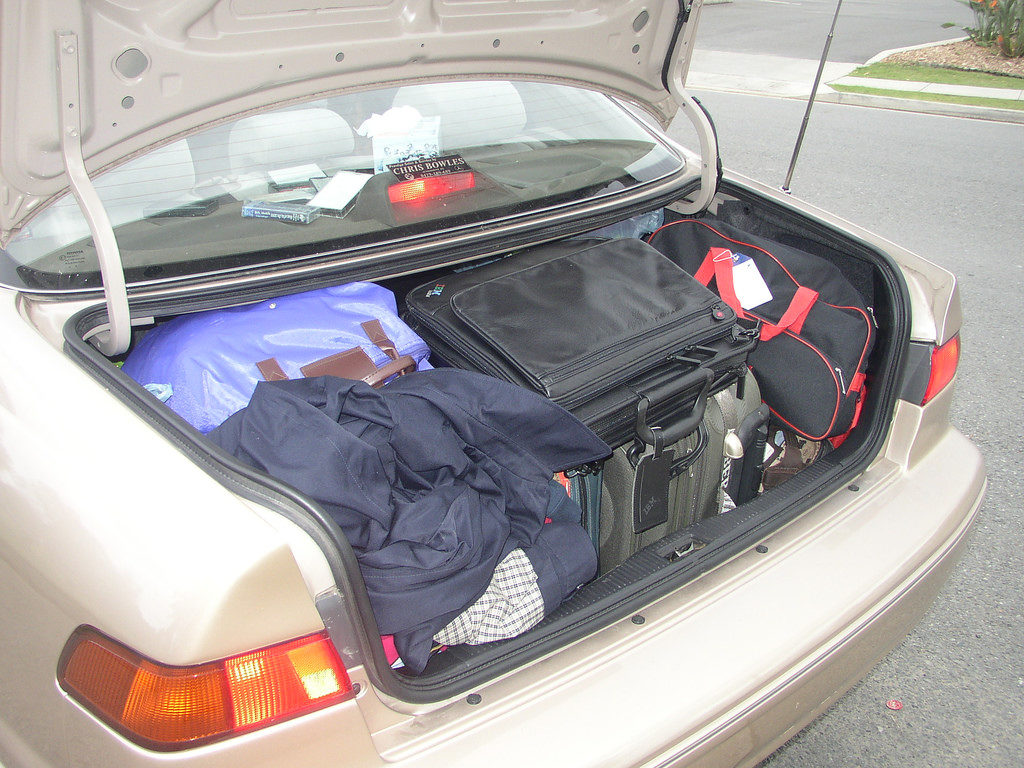
Everyone deserves to have a vacation—at least once a year. You can relax, allow your mind to decompress, see new sights, live new experiences, and even enjoy a host of physical health benefits. But you won’t be able to relax if you’re concerned about what’s happening to your home while you’re gone.
If you’re leaving on a vacation for more than a few days, you’ll need to spend some time preparing your house for the event. But what should you do to prepare your house—without spending too much time or money?
The House Sitting Option
Your first option is to have someone house sit for you. Your chosen sitter will live in your house while you’re away, or at the very least will visit your home once or twice a day to make sure everything is in place and taken care of. You may ask a friend or family member you know, or use an online service to find a qualified house sitter (though you’ll probably want to vie for the option you trust the most).
There are many advantages to this arrangement, including having the ability to call and check in, but there are also some disadvantages. You may be uncomfortable with someone living in your house, or many not want to pay money for the service. Plus, there’s no guarantee something won’t go wrong even with someone in place to monitor the situation.
Strategies for Home Prep
If you don’t have a house sitter, these are the best ways to prepare your home for your extended journey:
- Inspect the roof and exterior. Your roof is one of the most vulnerable parts of your house; if even a small leak forms, it could easily escalate and cause tens of thousands of dollars of damage to your home. Before you leave, run a quick inspection of your roof, and while you’re at it, the entire exterior of your home. If there are any holes or damaged shingles, replace them immediately.
- Inspect the locks. Next, inspect all the locks on your doors and windows. Make sure they’re engaging properly, and are capable of withstanding significant force. If you notice any weaknesses, or locks that won’t engage, now is the time to replace them.
- Stop the mail. If mail accumulates outside your house, you could make yourself an easy target for thieves. You can arrange for a friend or neighbor to pick up your mail, but it may be easier to contact USPS and have them hold your mail for you. It’s an option that only takes a few minutes.
- Check your insurance. Before you leave, go over your home insurance policy and figure out exactly what it does—or does not—cover. You’ll want to check for things like theft and natural disasters, both of which have a small chance of happening while you’re away.
- Turn off the water main. If there’s nobody using the water-based appliances, there’s no reason to have water flowing throughout your house. That way, if there’s a leak, or a problem with the pipes, you won’t have an endless stream of water that causes further damage and racks up your water bills.
- Unplug your electronics. Before you leave, make sure to unplug any electronics that aren’t vital for your house. Even when turned off, appliances will draw electricity, so unplugging them will save you money. Beyond that, you’ll reduce the chance of an electrical fire while you’re not around—which is especially important if your home has old wiring.
- Adjust the thermostat. Adjust the thermostat before you go. You’ll want to keep your house warm in winter (to avoid freezing pipes), but not as warm as it would be with a living resident. In the summer, you may be able to keep your thermostat off entirely.
- Adjust the water heater. Check your water heater before you leave, and adjust the temperature down. Some newer models even have a “vacation mode” you can use to keep your tank in a kind of hibernation while you’re gone.
- Clean. This is more of a superficial strategy, meant for your comfort and convenience rather than your home’s safety or security. Clean the house before you leave, removing clutter and making your space look nicer overall. The last thing you want to see upon returning from a long vacation is a messy, dirty house that requires hours of work to restore.
- Lock all the doors and windows. You checked the locks already, so you know they work. This should be the last thing you do before leaving on vacation, so take a few extra minutes and double check.
If you take all these precautions, and you notify your neighbors that you’ll be going out of town, you should have nothing to worry about while you’re out exploring the world. Rest easy knowing your home is safe, and start enjoying your vacation to the fullest.